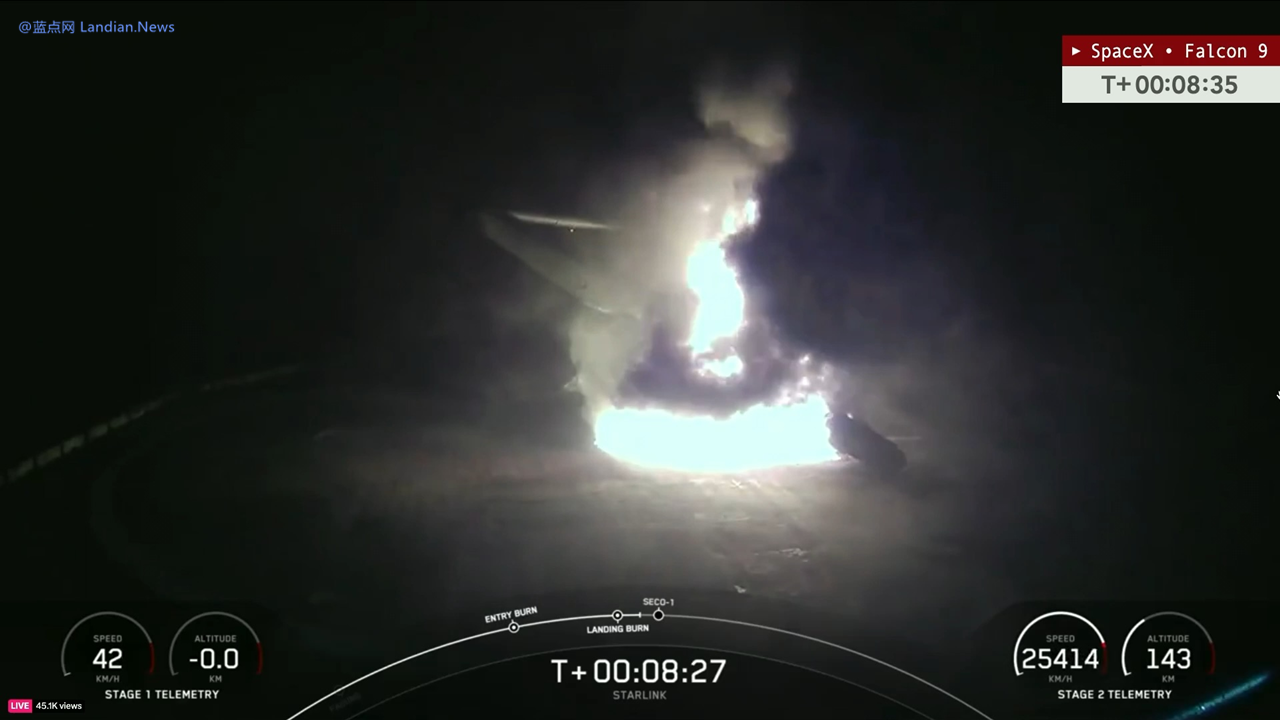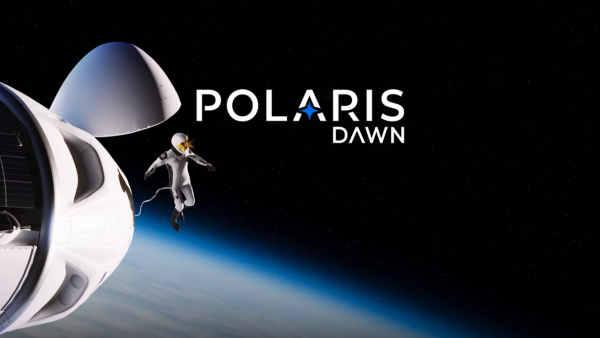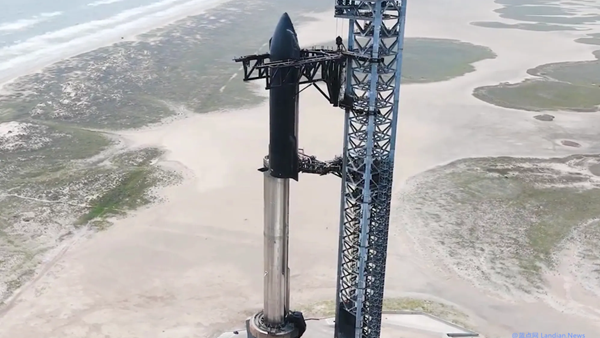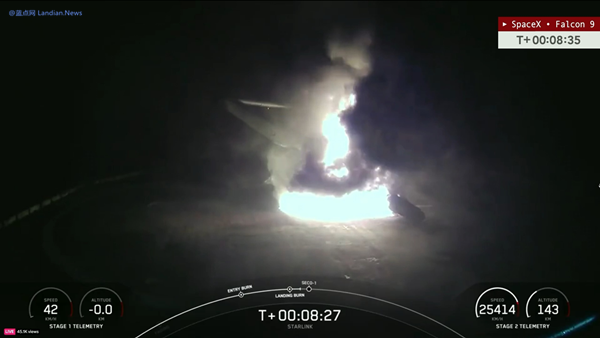FAA Freezes SpaceX Launches Following Falcon 9 Booster Mishap
On August 28, Eastern Time, SpaceX faced a setback when its Falcon 9 rocket, which had been reused 23 times for various missions, experienced a malfunction during the Starlink 8-6 launch task. Despite successfully deploying all the intended Starlink satellites into their designated orbits, the Falcon 9’s booster failed to land correctly on the drone ship “A Shortfall of Gravitas,” toppling over and subsequently exploding.
The booster in question, designated B1062, had previously completed 23 successful launches and recoveries. This explosion brought an end to SpaceX’s record of 267 consecutive successful booster recoveries and led to the cancellation of another planned Starlink satellite launch.
While the incident was not deemed highly severe, it represents a significant setback for SpaceX. The Federal Aviation Administration (FAA) has mandated a thorough investigation into the failed landing. Until the investigation is concluded, and corrective measures are implemented to the FAA’s satisfaction, Falcon 9 launches are to be suspended, regardless of the booster used.
The FAA has also indicated that SpaceX will need to apply for a new license, incorporating any corrective actions and meeting other requirements set by the FAA before it can resume launches.
Coincidentally, the highly anticipated Polaris Dawn mission, scheduled for the same day, was postponed due to weather conditions. With the Falcon 9 grounded, the Polaris Dawn mission, aiming to send four astronauts on a five-day mission including the first-ever commercial spacewalk, is indefinitely delayed. This mission is notable for being the first of its kind not affiliated with NASA or any national space agency.






